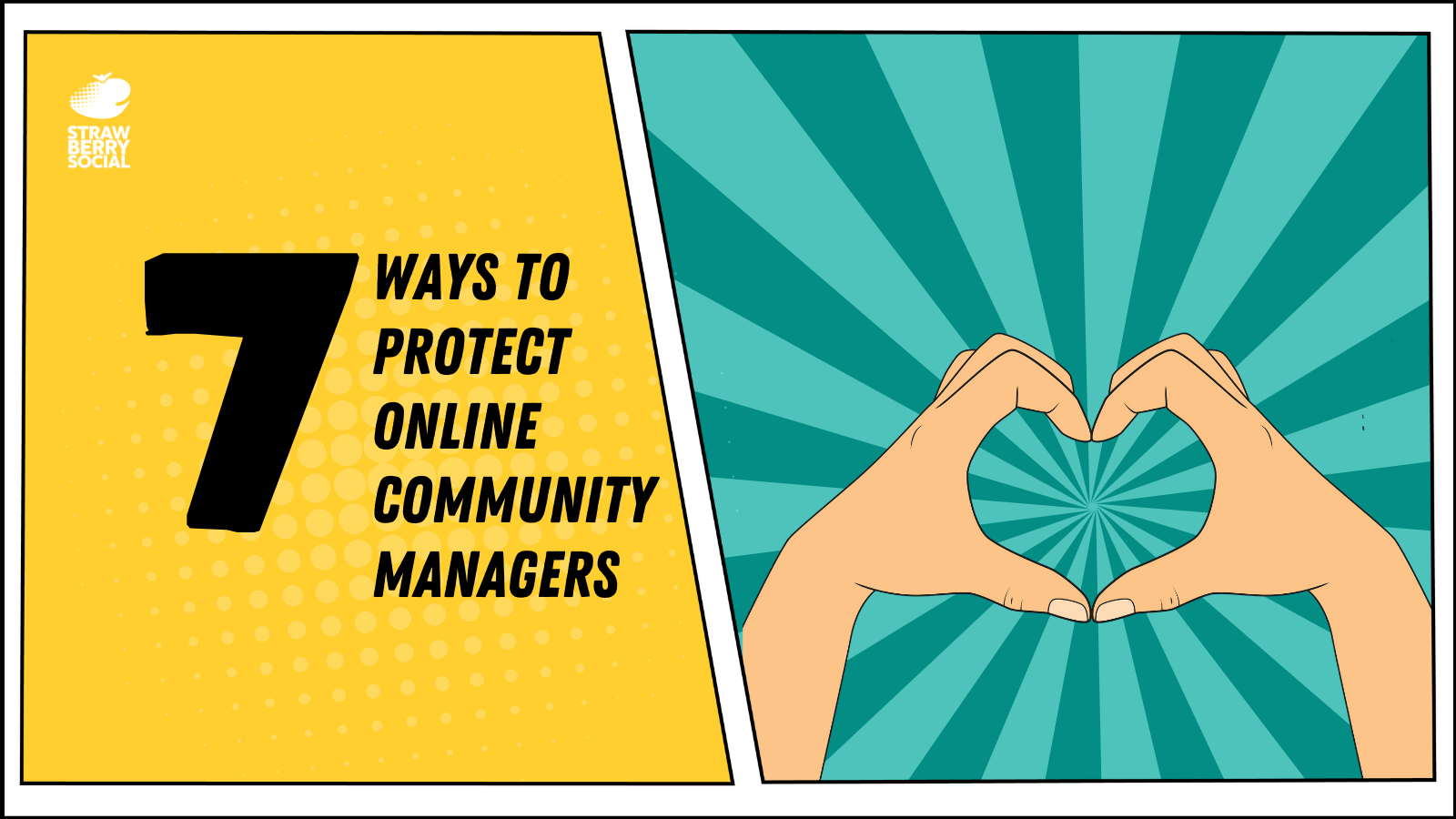Children’s charities are battling to support more and more young people in the context of a record rise in online grooming cases. This is a sobering reminder that community managers and trust and safety professionals can be exposed to graphic imagery and challenging content, especially those on the front lines of content moderation. So what can charities do to protect and support the team members dealing with distressing online content first hand?
Employee consent
It’s important that charity social media and community managers understand they might be exposed to challenging or distressing content. It’s not for everyone. Transparency in the interview process and offering a trial period up front for new employees is a great way to make sure it’s right for them.
Prioritise mental health
All organisations employing community managers and online safety professionals have a duty to prioritise their mental wellness. Access to support services is essential. This can include counselling, meditation, wellness workshops, targeted training, and more. Ensure your mental health support services are clear and easily accessible to all team members.
Build a list of helpful mental health resources and share internally. Check out these self-care techniques from mental health charity Mind for example.
Make sure your team takes breaks from work, and prompt them to clearly separate their working area from the rest of their house and everyday life, when working from home.
Peer support
Employees should have access to peer support from other employees who are also exposed to graphic content. This peer support can be informal, such as employees checking in with each other on a regular basis, or it can be more formal, such as through a buddy system or mentorship program.
Make it easy to access peer support too. Have a central team chat where people can talk about something that has upset them.
Safe environment
Built-in breaks, mandated downtime, supportive managers, and an empathetic office culture goes a long way in promoting psychological safety for those tackling challenging work. Have someone in the HR department who can be approached anonymously when people need advice or support. At StrawberrySocial, we also have a ‘no blame’ culture whereby people are able to say that they can’t work a project anymore as it’s too upsetting for them.
Regular check-ins
It’s important to check in with employees regularly to see how they’re doing and if they’re experiencing any distress from their work. This can be done through individual or group check-ins, or through anonymous surveys.
Don't forget to celebrate success
This work is difficult but it leads to real-world outcomes that are incredibly meaningful and hopeful – for example, putting predators behind bars. Sharing these wins with your team bolsters a well-earned sense of pride.
We are very proud to provide moderation and community management services to some amazing charities doing the important work of protecting and supporting children and vulnerable groups. Read more about how we work with the NSPCC.
Subscribe to the SMOSletter
Sign up for our Social Media and Online Safety newsletter for more community management and online safety best practice tips.



 October 9, 2024
October 9, 2024  Share This Post
Share This Post